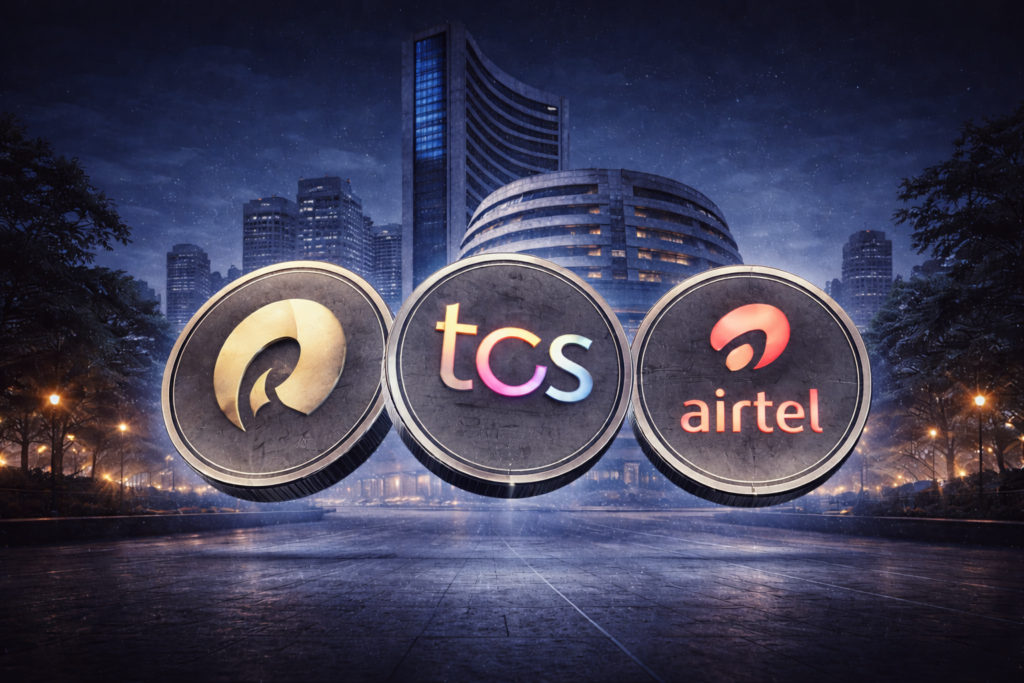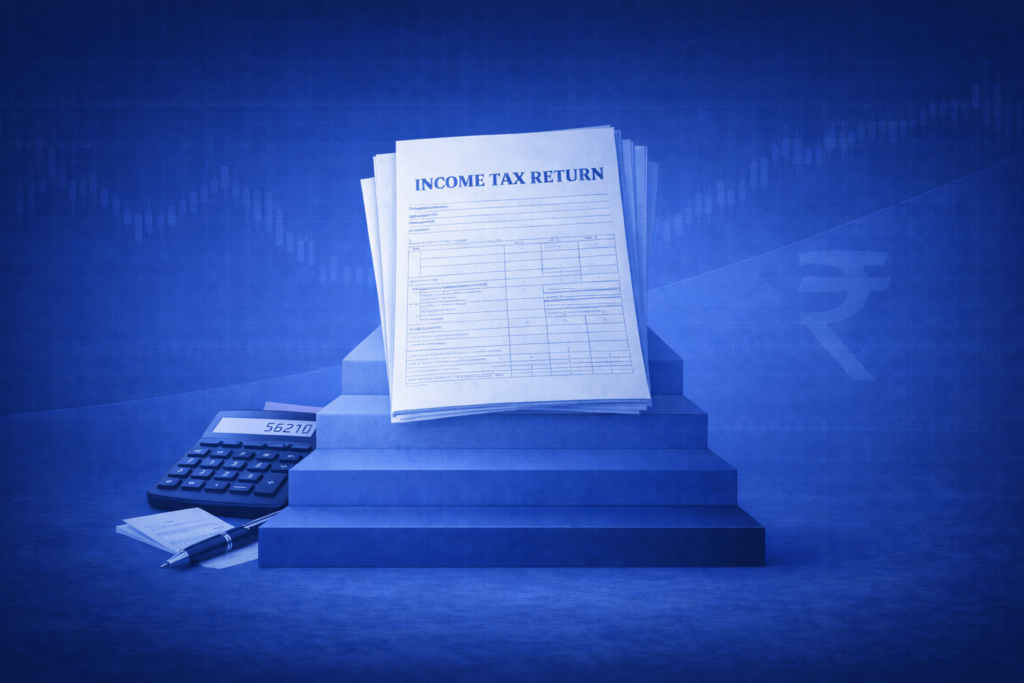Buying a house is seen as a major life milestone across the world. It is often perceived as equating to stability, security, and peace of mind. But is buying a house actually something everyone should aim to do anymore? And does renting mean wasting away your money?
As with most things in life, these questions don’t have one-size-fits-all answers. The smarter and more financially strategic choice depends on your life stage, finances, preferences, and goals. And in order to make an informed decision, it’s crucial to understand the pros and cons of both buying and renting a house. So, let’s get right into it.
Pros of renting a house
Here are some of the common pros of renting a house:
- Lower up-front cost
The amount of money you need to start renting a house is significantly lower than what you need to buy a house. You only need to have the security deposit, which is usually no more than two-three months’ worth of rent, along with the first month’s rent to get started, as opposed to having to make a massive down payment. This allows you to move into a rented house immediately without having to save up for years, as is typically the case when you want to buy a house.
- Flexibility and low commitment
Renting a house affords great flexibility and requires a lower level of commitment. You can decide to move to another house or city without having to go through the headache of selling or renting out your property. You can make quicker decisions when it comes to changing your residence, and this is beneficial when there is a change in your job, children’s school, etc.
- Limited responsibility
As a renter, you have limited responsibility when it comes to maintaining and looking after the house. If any repairs are required, they are the landlord’s responsibility. Similarly, other costs, such as maintenance charges, water bills, etc., are taken care of by the landlord. This is yet another way in which the cost of renting ends up being lower than the cost of buying a house.
Cons of renting a house
On the flip side, here are some of the cons of renting a house:
- No equity-building
This is one of the biggest cons of renting a house and the reason why most people end up opting for home ownership. When you pay rent, you get to live in a place, but at the end of the rental period, you have nothing concrete to show for the money you paid. You end up paying for someone else’s investment instead of building an asset for yourself through which you may be able to benefit later through capital appreciation, rent, etc.
- Instability and uncertainty
Another con of renting a house is the instability and uncertainty it can bring with it. While the monthly rent may be fixed during the lease, once the lease is up, it’s common for the landlord to raise the rent. In case they end up raising it more than you can afford or if they refuse to renew the lease because they want to sell the place or for any other reason, you may be forced to relocate.
- Limited control
When living in a rented house, you have limited control over it and need to put up with a range of restrictions. You may not be able to renovate or make any changes to the house without the landlord’s permission. You may also have to adhere to rules that your landlord places, such as not being able to live with a partner unless legally married, not having pets, etc.
Pros of buying a house
Naturally, most of the cons of renting a house end up being the pros of buying a house.
- Long-term investment
One of the biggest advantages of buying a house is that, over time, you end up building an asset for yourself. And in India, historically, property prices in most areas have shown price appreciation. So, decades later, if you decide to sell your property, you can benefit from significant capital gains.
- Freedom and tax benefits
Other common benefits of home ownership include freedom and tax benefits. You can decide how you want to set up your house, who you want to live with and how, what changes you want to make to the floor plan, etc. As for tax benefits, if you buy a house through a home loan, you can benefit from several tax deductions under the Income Tax Act, 1961. For instance, under section 24B, you can claim a tax deduction of up to Rs 2 lakh a financial year for the interest paid on the home loan.
- Miscellaneous benefits
You can take a loan against property in times of financial emergencies or if you want to start your own business. Moreover, home ownership also gives owners a sense of stability, pride, and peace of mind.
Cons of buying a house
Despite all of the pros, there are some significant cons of buying a house. These include:
- Illiquid investment
When you buy a house, you are locking in a large amount of funds that you could have invested elsewhere and generated returns with, or used for another purpose. So, the opportunity cost of buying a house is high in this respect. Also, real estate is a highly illiquid investment. This means that if and when you require money, it will take a lot of time and a lengthy process to convert your house into cash.
- Housing market risk
While property prices have historically appreciated in the country, this is not the case for all locations or properties and may not happen in the future. There is no guarantee that the price of your house will appreciate over time. And so, not only could you miss out on potential capital gains, but the real value of your portfolio could also go down if the rate of inflation is higher than the price appreciation of your house.
- Lack of flexibility and access
If you want to make career moves or any other major life decisions that require you to relocate, you will have to factor in your house. That may reduce your level of flexibility in certain aspects of your life. Also, initially, access to home ownership can be difficult since you require a down payment of at least 20% of the house price in order to be eligible for a home loan.
To buy, or not to buy, that is the question
As you can see, both buying and renting a house have their own sets of pros and cons, and you need to decide which benefits are non-negotiable for you and which cons are too much to deal with. Both options require financial stability and a steady flow of income because whether you pay rent or a home loan EMI, there is a monthly cash outflow. For now, most people seem to still prefer buying a house at some point in their life as it also ensures post-retirement financial security.
So, if you want to start saving for the down payment of your house, you should plan for it financially and start investing right away. The earlier you begin, the better it is, since you can invest in equity instruments like stocks and benefit from their higher returns in the long term. And one of the best companion tools for such goal-based investing is the Appreciate app. Appreciate is an investment platform that allows you to build a globally diversified portfolio to maximise returns and minimise risks, so that you can meet your financial goals (like buying a house!) more easily. So download the Appreciate app today!























